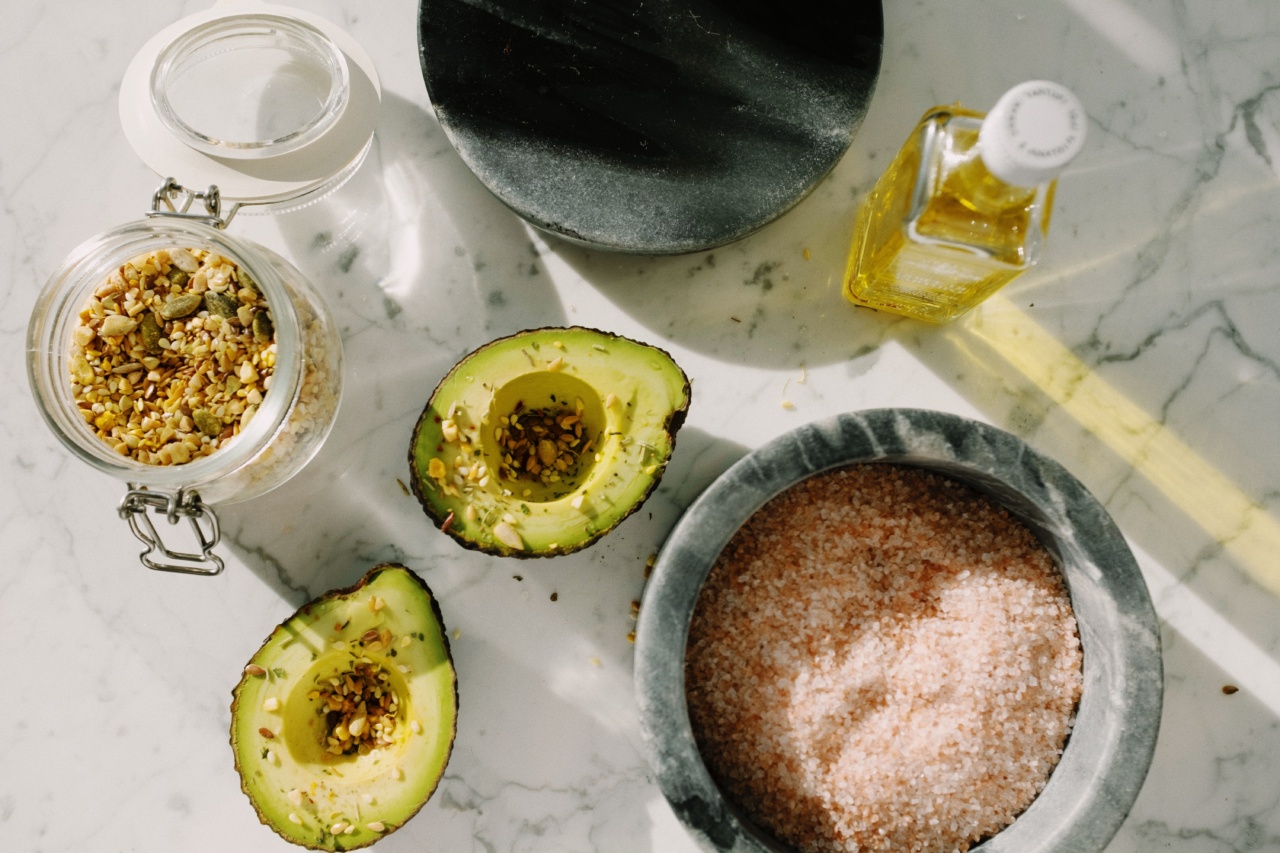When it comes to cooking oils, olive oil has long been hailed as one of the healthiest options available. Its numerous benefits make it a staple in many Mediterranean diets, contributing to their reputation for promoting overall health and well-being.
With its high content of monounsaturated fats and antioxidants, olive oil offers a wide range of advantages when incorporated into your daily diet. From supporting heart health to improving brain function, here are the top benefits of adding more olive oil to your diet.
1. Promotes Heart Health
Olive oil is packed with monounsaturated fats, which are beneficial for heart health. These healthy fats help to lower LDL cholesterol levels (the “bad” cholesterol) and increase HDL cholesterol levels (the “good” cholesterol).
By making this simple dietary change, you can reduce your risk of developing heart disease, stroke, and other cardiovascular conditions. Regular consumption of olive oil has also been linked to lower blood pressure levels, further protecting your heart.
2. Rich Source of Antioxidants
Olive oil is a rich source of antioxidants, particularly vitamin E, and polyphenols.
These antioxidants play a crucial role in protecting the body’s cells from oxidative stress, which can lead to chronic diseases such as cancer and age-related macular degeneration. Incorporating olive oil into your diet ensures you get a natural boost of antioxidants that can support overall health and longevity.
3. Supports Brain Function
The monounsaturated fats found in olive oil also promote optimal brain function. These healthy fats help to improve memory and cognitive function, making them particularly beneficial for older adults.
Regular consumption of olive oil has even been associated with a reduced risk of cognitive decline and neurodegenerative diseases, such as Alzheimer’s.
4. Aids in Weight Management
Contrary to what some may believe, adding olive oil to your diet can actually aid in weight management. The monounsaturated fats in olive oil help to increase feelings of fullness, reduce appetite, and control blood sugar levels.
Incorporating olive oil into your meals can therefore help prevent overeating and promote healthier food choices.
5. Anti-Inflammatory Properties
Olive oil contains substances that possess anti-inflammatory properties. Chronic inflammation is linked to many diseases, including heart disease, arthritis, and even certain types of cancer.
By including olive oil in your diet, you can help reduce inflammation in the body and potentially lower your risk of developing these inflammatory conditions.
6. Supports Digestive Health
Olive oil has been used for centuries to support digestive health. It helps stimulate the production of bile in the gallbladder, aiding in the digestion and absorption of nutrients.
Additionally, its anti-inflammatory properties can help soothe and prevent digestive issues such as acid reflux and gastritis.
7. Protects Against Diabetes
Consuming olive oil has been associated with a lower risk of developing type 2 diabetes. The monounsaturated fats in olive oil have been shown to improve insulin sensitivity and regulate blood sugar levels.
Including olive oil in your diet can help maintain stable blood sugar levels and reduce the risk of insulin resistance.
8. Enhances Skin Health
Olive oil can also work wonders for your skin. Its antioxidants and healthy fats help to nourish and moisturize the skin, promoting a youthful complexion.
The anti-inflammatory properties of olive oil can also assist in reducing skin inflammation and irritation, making it suitable for those with sensitive skin or conditions such as eczema.
9. Strengthens Bones
Regular consumption of olive oil has been linked to improved bone mineral density, making it beneficial for maintaining strong and healthy bones.
The antioxidants in olive oil also help fight against oxidative stress, which can contribute to bone loss and osteoporosis.
10. Versatile and Delicious
One of the most significant advantages of adding more olive oil to your diet is its versatility and delicious taste. You can use olive oil in various cooking methods, including sautéing, roasting, and as a salad dressing.
Its unique flavor adds richness to dishes, making them more enjoyable while reaping all the health benefits.






























